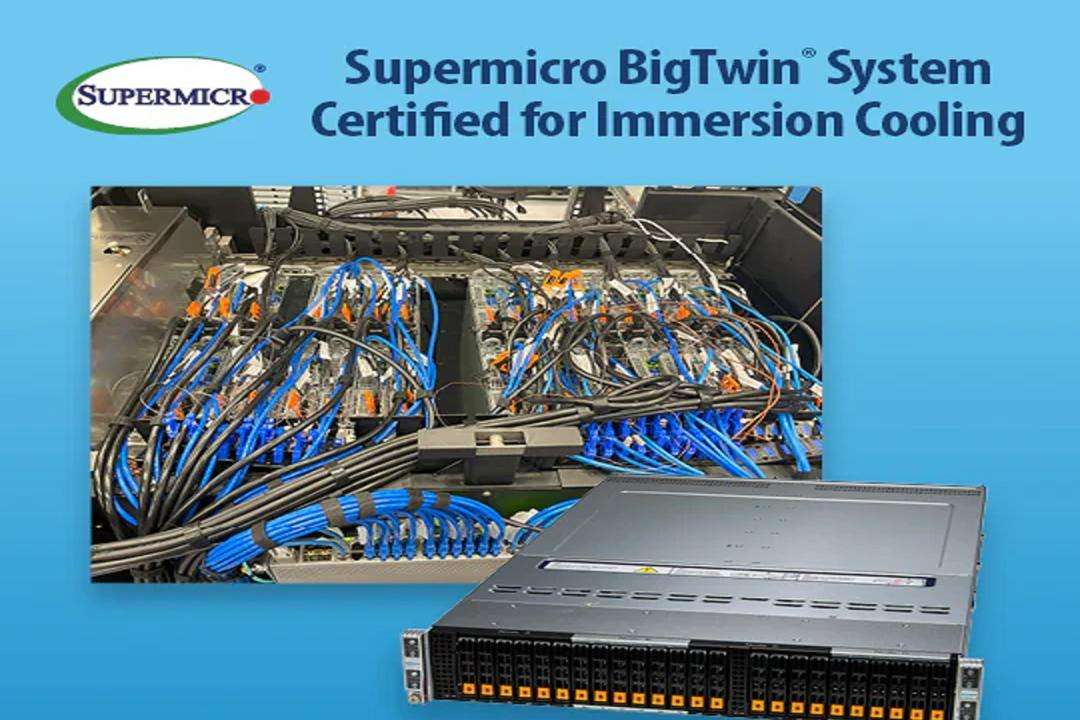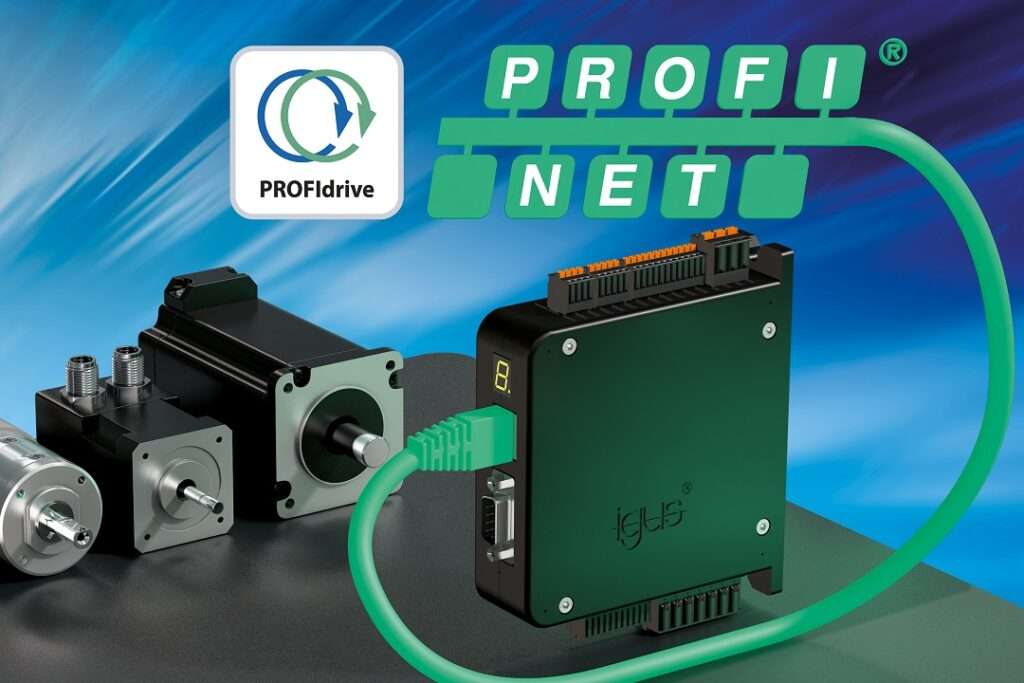Super Micro Computer, Inc (SMCI), a provider of advanced computing infrastructure for enterprise, AI, cloud, and edge applications, announced that its BigTwin multi-node server has been officially certified by Intel for immersion cooling. This certification covers systems equipped with 4th and 5th Gen Intel Xeon Scalable processors and follows extensive validation, including liquid and tank compatibility testing.
In addition to Intel’s certification, the BigTwin server meets immersion cooling standards set by the Open Compute Project (OCP), having passed their material compatibility tests. These measures confirm that the system performs reliably when submerged in approved dielectric fluids.
Ray Pang, SVP of Technology Enablement at Supermicro, stated: “Our long-term collaboration with Intel ensures that customers benefit from advanced server architectures paired with validated thermal solutions. Certification for immersion cooling reinforces our commitment to high-performance, energy-efficient systems that align with evolving data center needs.”
Supermicro’s immersion-cooled systems offer an alternative to traditional air-based cooling by fully submerging high-density, fanless servers in a thermally conductive fluid. This design eliminates the need for computer room air conditioning (CRAC) and computer room air handler (CRAH) units, significantly lowering power usage for cooling. Removing internal fans also reduces the total power draw of IT equipment. This architecture allows facilities to reach Power Usage Effectiveness (PUE) ratings as low as 1.05—close to the theoretical maximum efficiency—while supporting higher compute density without increasing the heat load.
Rami Khouri, VP at Intel’s Data Center Hardware Engineering division, added: “Intel worked directly with Supermicro and key fluid and tank suppliers to verify that the BigTwin platform meets all requirements for reliable operation in immersion environments. This solution provides a dependable path for customers looking to implement efficient, sustainable cooling.”
Supermicro is actively involved with the Open Compute Project and participates on its Advisory Board. The company has contributed to shaping the OCP’s immersion cooling guidelines, which promote standardized interfaces and materials across the industry.
Michael Schill, Senior Director at the Open Compute Project Foundation, acknowledged Supermicro’s contributions, noting: “Their technical input has been valuable not only to the immersion initiative but across the OCP ecosystem. We look forward to continued collaboration.”
The immersion-certified configuration features the SupermicroBigTwinSuperServer SYS-221BT-HNTR, a high-density 2U system designed to accommodate four independent hot-swappable compute nodes. Each node is equipped to handle 4th and 5th Gen Intel Xeon Scalable processors using Socket E (LGA 4677) and is built on the Intel C741 chipset. The platform supports up to 4TB of DDR5 memory across 16 DIMM slots per node, providing the memory bandwidth and capacity needed for demanding data center workloads.
Additional system highlights include two PCIe 5.0 x16 slots per node for high-speed expansion, dual PCIe 4.0 x4 M.2 NVMe storage interfaces onboard, and optional hardware RAID1 NVMe boot capability via an add-in controller. The system also includes tool-less chassis access for simplified servicing and is OCP 3.0 compliant with AIOM networking support. Power is delivered through a 3000W redundant power supply with Titanium-level (96%+) efficiency, ensuring reliable and energy-efficient performance in immersion-cooled environments.
This configuration was evaluated within Intel’s Advanced Data Center Development Lab and has demonstrated compliance with OCP standards for immersion cooling. Tests covered fluid compatibility, thermal performance, and long-term reliability in submerged environments.
Demand for immersion-cooled systems is increasing due to the rising power requirements of AI and high-performance computing workloads. With processors generating more heat, traditional air-cooling methods are reaching their limits. Immersion cooling presents a practical and scalable way to manage thermal loads while improving energy efficiency and reducing operational costs.
Founded in San Jose, Super Micro Computer, Inc designs and manufactures server, storage, and network infrastructure. Their products support data center, cloud, AI, 5G, and edge workloads. Supermicro oversees its hardware design and manufacturing across facilities in the U.S., Asia, and Europe.
The company’s Server Building Block Solutions® platform allows flexible system design across a wide range of configurations and use cases, enabling customers to tailor solutions based on performance, power, and cooling requirements. Supermicro’s immersion-ready platforms offer a pathway to future-ready data centers, combining reduced energy consumption with scalable compute density.








